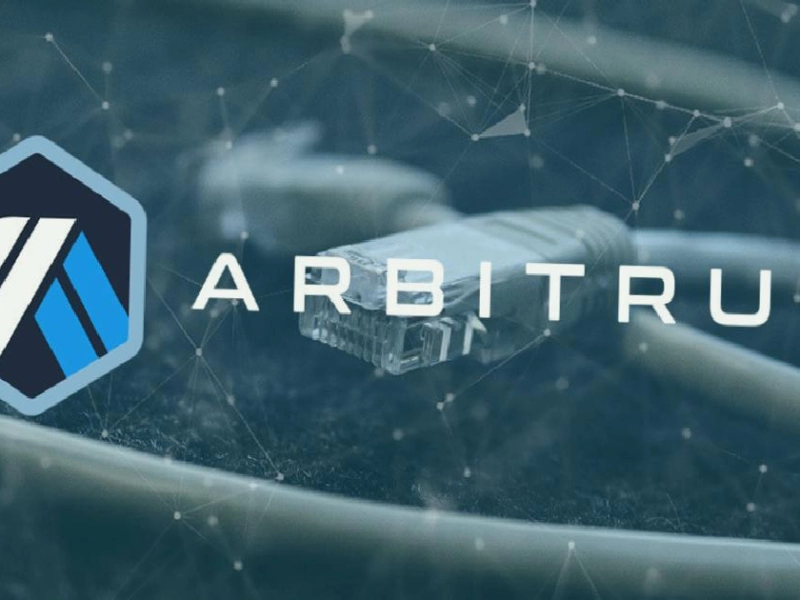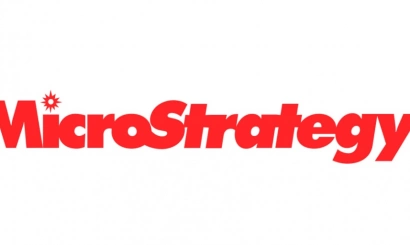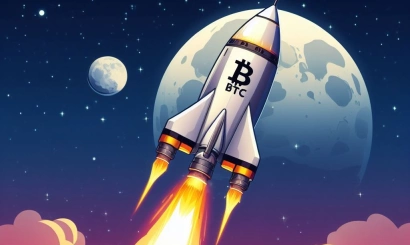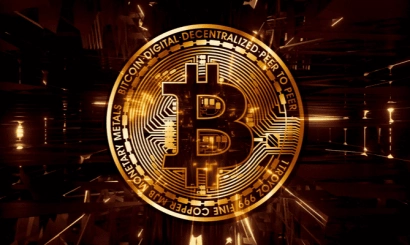What is Project Arbitrum? And why it's the most anticipated airdrop of the year
The long-awaited launch of the largest Ethereum scaling project's own asset is set for March 23. We explain what you need to know about the token giveaway and what causes the high excitement
Offchain Labs, the developer of the Arbitrum ecosystem, announced the launch of its own ARB token, part of the offering of which will go to active users of the platform through an airdrop - a token distribution by developers. The excitement around the distribution and start of trading tokens arose after the example of a successful experience with its own asset in the main competitor of the project - Optimism, and the demand for the token was formed even before its listing on exchanges.
ARB token will be released on March 23, to be distributed to users who have actively used products in the Arbitrum ecosystem during the year. The project itself is a so-called second-tier blockchain for Ethereum, allowing to make transfer processing on the network faster and cheaper. To understand: if in Ethereum on the basic level on average about 14 transactions per second, Arbitrum allows increasing their number to 40 thousand with multiples of lower commissions.
Offchain Labs is founded by Princeton University professor Steven Goldfeder and two of his graduate students. The company raised $120 million in 2021 from Lightspeed Ventures and several prominent cryptocurrency venture capital funds at a valuation of $1.2 billion. Ethereum scaling projects have formed an entire industry around them, with Optimism and Polygon being Arbitrum's main competitors in this market. Polygon Labs, which is behind the latter, has received $450 million in venture capital financing, and its token with the ticker symbol MATIC is in the top 10 of CoinMarketCap market capitalization rating.
Paradigm and Andreessen Horowitz invested in Optimism in March 2022, valuing the project at $1.65 billion. In June of the same year, its developers issued an OP token, similarly organizing its distribution through an airdrop and further access to leading cryptocurrency exchanges.
Demand prior to the start of trading
As part of the token offering, the company will create the Arbitrum Foundation and an associated decentralized autonomous organization (DAO) to manage and develop the Arbitrum ecosystem. ARB token holders will be able to vote on DAO proposals, and, as conceived by the developers, the governance process will be self-executing, meaning the votes of token holders can directly affect changes to Arbitrum's software code.
Among similar projects, it was Arbitrum that delayed token launch the longest, though active "drop hunters" (those who participate in crypto project testing expecting to receive tokens in the future) were sure that a project of such scale will surely repeat the experience of its closest competitors. Arbitrum's meteoric rise in less than two years has made it one of the most popular second-tier blockchains on Ethereum, with a market share of more than 55%. According to DefiLlama, the total value locked (TVL) in Arbitrum is $1.6 billion, almost twice as much as Optimism.
Optimism's own token with the ticker OP is capitalized at more than $780 million, and its price has increased 2.5 times since the beginning of the year. Future investors are likely to expect a similar financial return from ARB. Leading cryptocurrency exchanges, including Binance, have announced the token's listing. Some of them have already started trading ARB futures and similar derivatives, with trading volumes already running into millions of dollars, though ARB itself will not be directly linked to them and will be listed on exchanges as an independent asset.
Thematic channels in Telegram and Discord are already trading over-the-counter (OTC) tokens that do not yet exist, with offers from those who are guaranteed to receive them as part of the distribution. An OTC group member told Cointelegraph that the average ARB price in the over-the-counter market is $0.5, and buyers expect to see token exchange rates of at least $1 at the start of trading on exchanges.
Speaking to Fortune reporters, Goldfeder said the idea of further decentralizing Arbitrum was at the forefront of the token's launch, not just the lust for profit and "token for token's sake." According to him, ARB will only be needed to give holders voting rights in the DAO. Ethereum will still be used to pay for transactions on the network. Transferring control to a decentralized organization, Goldfeder envisioned, would allow Offchain Labs to focus more on attracting developers and new users.
Who gets the tokens
Handing out tokens helps create a network effect and the initial liquidity of tokens in the marketplace. One recent example of projects with a sensational airdrop was the NFT marketplace Blur, which quickly wrested market share and users from its largest competitor, OpenSea. An elaborate campaign with token distribution and new traders played an important role in this.
NFT Market Redistribution: How the Blur Platform Changed the Game
Offchain Labs worked with analytics company Nansen to identify ARB recipients and filter out the many attempts at scamming and other scams by applicants. The number of tokens received was influenced by the number of transactions in the ecosystem, the set of applications used on the Arbitrum blockchain, the timing of participation, and other factors. The blockchain's transparency as a public registry of each user action allows a set of their activities to be fully verified.
ARB will have a total turnover of 10 billion units. The Arbitrum community will control 56% of the existing tokens: 11.5% of the offering is allocated for distribution through the AIRROP, and another 1.1% will be received by existing DAOs in the Arbitrum ecosystem. The remaining community tokens will go to a treasury controlled by a new DAO from the Arbitrum Foundation.
Another 44% of ARB will go to investors and employees of Offchain Labs. According to Goldfeder, these tokens will be subject to lock-in periods and vesting schedules for various rights. The share of ARB reserved for insiders is higher than similar projects. In the case of Optimism, investors and developers get 36% of OP tokens.
"The technology was developed first. Based on our roadmap, now is the right time," Goldfeder explains when asked by Coindesk about the delayed launch of its own token. According to him, Arbitrum has reached certain technical milestones that its main competitor has not yet reached.







